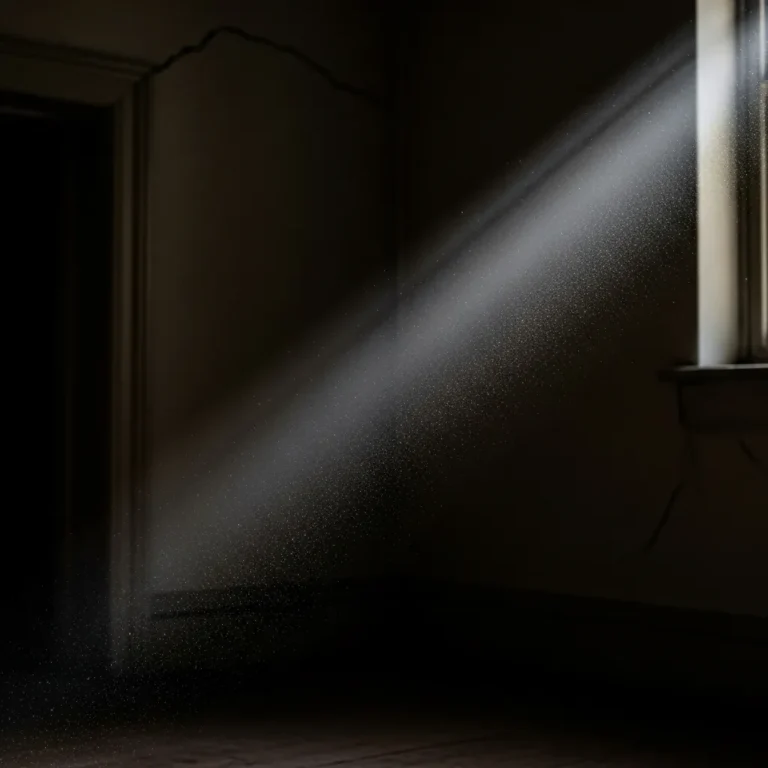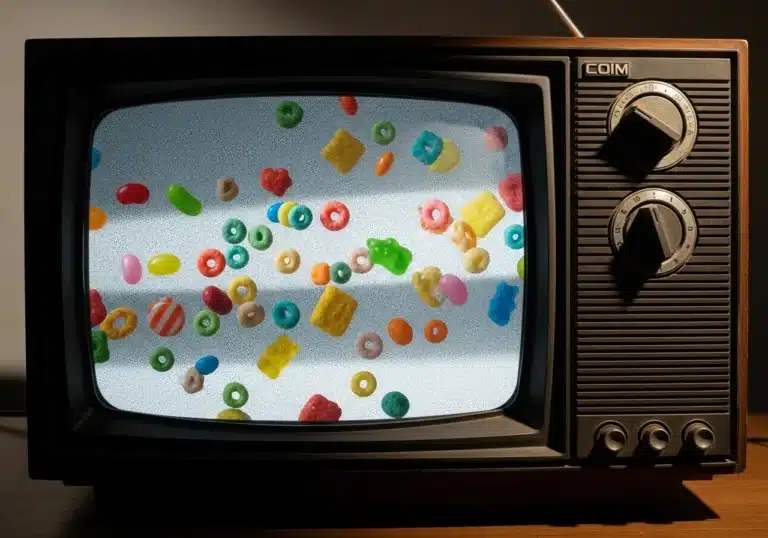
The Pre-Television Era: When Gaffes Lived in Print
Before the omnipresent glow of the television screen, the relationship between politicians and the press was vastly different. The speed of information was measured in days, not seconds, and the public’s access to their leaders was heavily filtered through the pens of newspaper reporters and editors. This created an environment where gaffes were often contained, corrected, or simply ignored.
In the 19th and early 20th centuries, a so-called “gentlemen’s agreement” often existed between the political establishment and the journalists who covered them. Reporters who traveled with a president or candidate might witness private moments of anger, confusion, or verbal clumsiness, but these were rarely considered newsworthy. The focus was on policy, official statements, and the grand narrative of politics. The personal fallibility of a leader was often deemed off-limits, a private matter not fit for public consumption.
This is not to say that embarrassing moments never made it into the public record. They simply took a different form. Instead of a verbal slip, a political scandal might revolve around a leaked letter or a reported personal indiscretion. During Grover Cleveland’s 1884 presidential campaign, his opponents relentlessly chanted, “Ma, Ma, where’s my Pa? Gone to the White House, Ha! Ha! Ha!” This taunt referred to allegations that he had fathered a child out of wedlock years earlier. While deeply embarrassing, this was a character attack based on a past event, not a spontaneous, in-the-moment gaffe captured for all to see.
Even when a politician’s own words were used against them, the print medium allowed for ambiguity. Without audio or video, the tone, intent, and context of a quote were open to interpretation and dispute. A politician could claim they were misquoted or that their words were twisted, and it was their word against the reporter’s. The raw, undeniable evidence of a broadcast recording did not yet exist. This buffer gave public figures a level of protection that would be unimaginable to their modern counterparts. The dawn of electronic media would soon strip that protection away, permanently altering the landscape of political communication.











